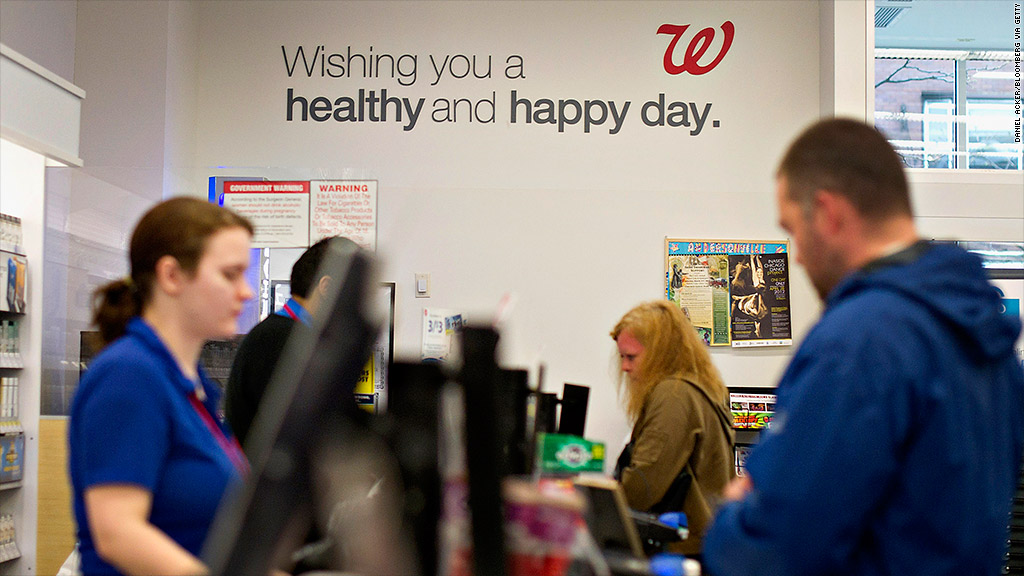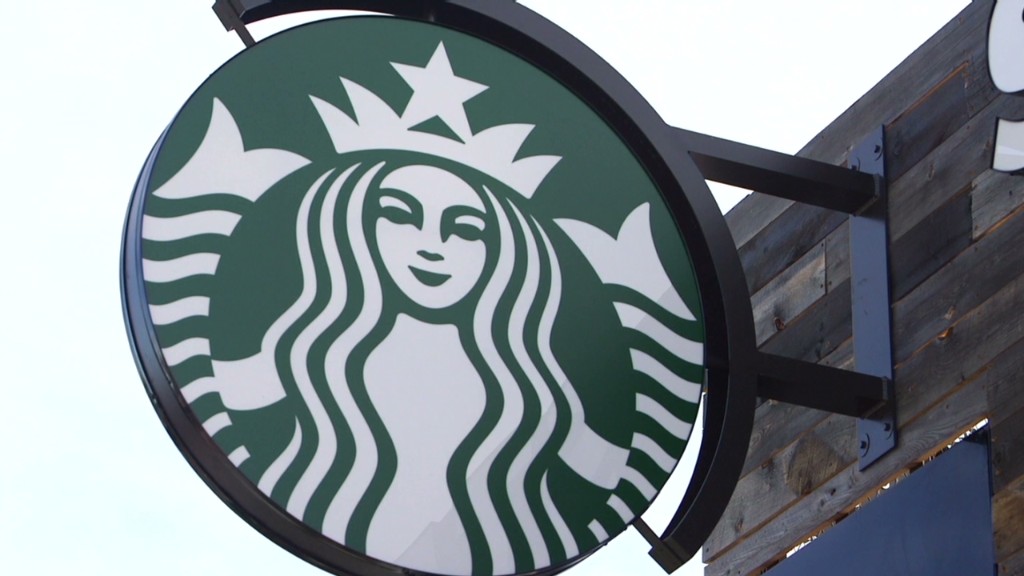
Walgreens will stop offering health insurance directly to its workers in 2014, instead shifting them to policies in a private insurance exchange, the company announced Wednesday.
Walgreens will subsidize the cost of the policies, and more than 160,000 workers will be affected.
The medical plan includes more traditional HMO and PPO policies, as well as three high-deductible plans, where workers shoulder higher out-of-pocket costs in exchange for lower monthly premiums. This year, the company only offered two high-deductible plans.
Walgreens will contribute the same total share to health care benefits next year as is did this year, though it is not disclosing the size of the subsidy. Some employees, however, may see premiums rise if they pick a more generous plan, said spokesman Michael Polzin.
The company's tab for health care costs for next year remained essentially flat, allowing it to keep its contribution to workers level, he said. In future years, the company's intention is to continue picking up the same share of the cost as it does today, Polzin said.
The nation's largest drug store chain becomes the latest to radically overhaul its employee benefits plan in the months before major provisions of Obamacare kick in. UPS (UPS) recently announced it would no longer cover workers' spouses who have access to health insurance. IBM (IBM) and and Time Warner (TWX) are moving retirees into private exchanges.
Have questions on Obamacare? Join our Facebook chat on Friday.
Though Obamacare does not require Walgreens to make major changes to its benefits, the company is opting to do so for several reasons.
The exchange allows it to offer a wider array of insurance options and premiums to its workforce. They will have access to five different levels of coverage from a variety of insurers, said Ken Sperling, national exchanges strategy leader at Aon Hewitt, which will run the exchange for Walgreens.
And it will give most employees and eligible retirees an opportunity to lower their out-of-pocket health care costs. Premiums could be as low as $5 a month or less, depending on the region, if they pick a high deductible plan.

Also, it will help stabilize the Walgreen's spending on health care. Walgreens is currently self-insured, meaning it hires an insurer to administer its health benefits but actually pays the costs itself.
In the new model, Walgreens will transfer that risk to the insurers in the exchange. That means employers' health care costs become more predictable, Sperling said. And the exchange handles all the administrative and compliance needs.
The premiums employees pay depends mainly on two things -- how much medical care a company's employees have used and how large a subsidy the firm opts to give workers.
Walgreens is only one of 18 large employers who have joined the corporate health exchange, Aon Hewitt said Wednesday. It did not name the other companies, though it noted that Sears Holdings (SHLD) and Darden Restaurants (DRI) joined this year. Enrollment is expected to triple to 330,000 U.S. employees next year.


